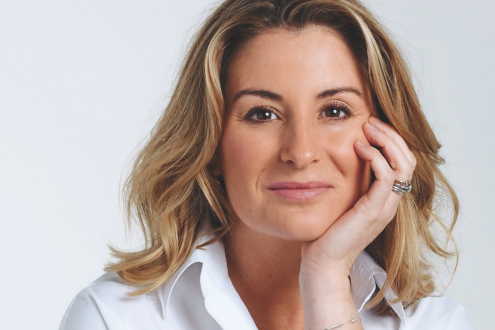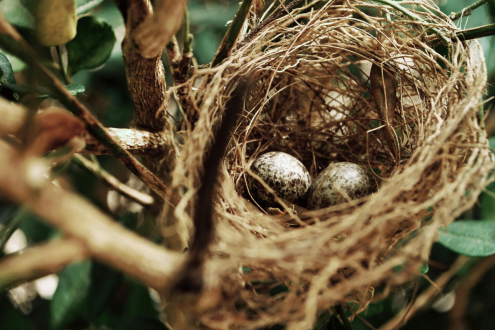Why being a bad mother is not so bad
Many parents worry constantly about how they parent their children – it’s part of the package. But taking a step back and acknowledging our guilt for what it is could help us to be even better parents, says Isabelle Grey

All children, pretty much regardless of age, are hard-wired to say ‘Don’t go, Mummy!’ Parents have to work, have to go to the supermarket, have to go check on Grandpa, and, when our children are young, even leaving to do these necessary tasks can make us feel guilty.
And what if we choose to go to a dance class, for a drink after work, or away for a weekend with an old friend or, heaven forbid, a new man?
If I spend time away from my children in order to do something fanciful, am I a neglectful, bad mother who is damaging her children?
At the school gate, it was easy enough to chat over whether it was our fault if our kids were bad at maths or afraid of dogs, but we didn’t discuss then or later the shameful fear that our decisions – to work through the school holidays, accept a job that will carry our child miles away from her friends, divorce their father, get a boyfriend they don’t like or present them with step-siblings they hate – might damage not only them but also our precious mother-child bond.
My generation seems particularly bad at dealing with how we pursue goals we fear will negatively affect our children. In my novel, The Bad Mother, Tessa Parker learns with great difficulty how to negotiate between her own needs and her children’s happiness. She’s newly separated, it’s tough for a single parent, and, the more she struggles with her feeling that her beloved children are holding her back, or that she’s letting them down, the more she keeps getting it wrong.
Initially, I assumed my own despair at failing to negotiate change with my daughter was that our bond as a single child and divorced mother was particularly close.
But even friends and family with several kids and lasting marriages were reporting similar struggles with guilt, anxiety and unexpected opposition from children who were busy claiming independence or even leaving the nest. We learned from Freud that the worst thing a parent can do is frustrate their children’s desires or stunt their self-expression.
But this doesn’t fully explain why my generation of helicopter parents, hovering anxiously over our brood, is so afraid of ever letting our kids be unhappy. Why do we find it so difficult to stand back and take the flak when our children resent our choices?









